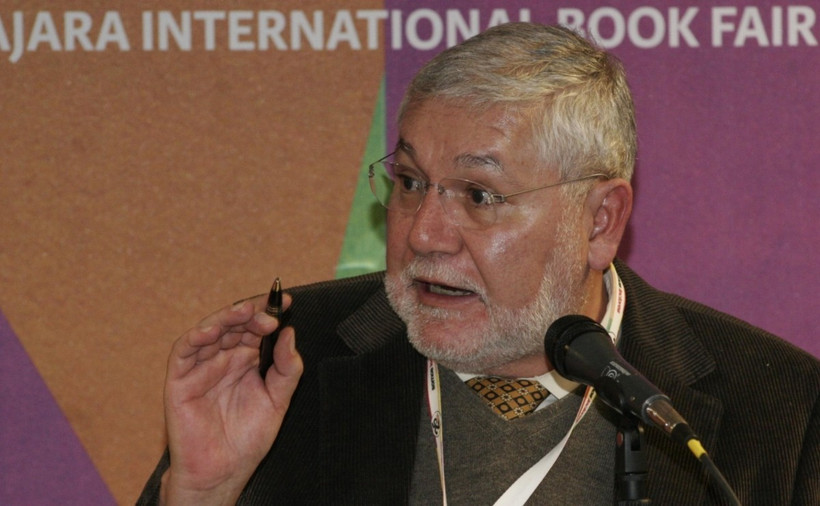Vietnam’s August Revolution has epochal significance: Mexican expert

Mexico City (VNA) - The triumph of the August Revolution (August 19, 1945) and the founding of the Democratic Republic of Vietnam (now the Socialist Republic of Vietnam) on September 2, 1945 were not only a turning point in Vietnam’s history but also an event of epochal significance, according to a former Mexican official.
Speaking to the Vietnam News Agency (VNA)'s correspondents in Mexico on the occasion of Vietnam's 80th National Day, Jorge Alcocer Villanueva, former Mexican Under-Secretary of the Interior, affirmed that Vietnam’s victory demonstrated the immense strength of national unity under the leadership flag of President Ho Chi Minh. From the small land of Vietnam, a revolution of global significance erupted, inspiring oppressed peoples worldwide to fight for their sacred rights to life and self-determination.
According to Villanueva, Vietnam became a pioneering nation in the struggle for national liberation, instilling faith and aspiration in millions across colonial territories. Its revolution helped reshape the global political map after the Second World War – the deadliest conflict in human history.
What impressed him most was the continuity of the Vietnamese people’s spirit of independence. After the August Revolution, the nation faced renewed invasions – first French colonial forces, then unprecedented US military intervention.
Yet for three decades, the Vietnamese people stood firm in their goal of independence and reunification. The victory of April 30, 1975, which liberated the South and reunified the country, ended the brutal wars while opening a new era of building socialism.
After gaining independence and national reunification, Vietnam embarked on the process of national construction amid severe hardships – embargoes, shortages, and the aftermath of war. Since the Doi Moi (Renewal) process launched in 1986, however, the country has transformed from a poor, war-torn economy into one of the world’s fastest-growing economies, a magnet for foreign investment, and an influential voice at multilateral forums.
This transformation is not only economic but also philosophical. From the suffering of war, Vietnam has nurtured a profound aspiration for peace, cooperation, and integration. Rather than being trapped by the past, the country has embraced international engagement, contributing to peace, security, and sustainable development worldwide, Villanueva underscored.
Today, Vietnam represents the convergence of three forces: the resilience of its people, the creativity of its leadership, and its enduring aspiration for progress. It is respected globally not only for historic victories but also as a dynamic, open nation willing to share and cooperate in addressing global challenges, he stated.
Reflecting on eight decades since the Revolution, Villanueva stressed Vietnam’s enduring lessons - the power of independence, the value of unity, and the relentless pursuit of progress.
From a Latin American perspective, he noted, Vietnam and other once-colonised peoples share the belief that true freedom and sustainable development can only be achieved when people are at the centre and history is used as a guide for the future. These values have enabled Vietnam to rise from oppression to become a global symbol of faith, hope, and the future, he stressed./.





